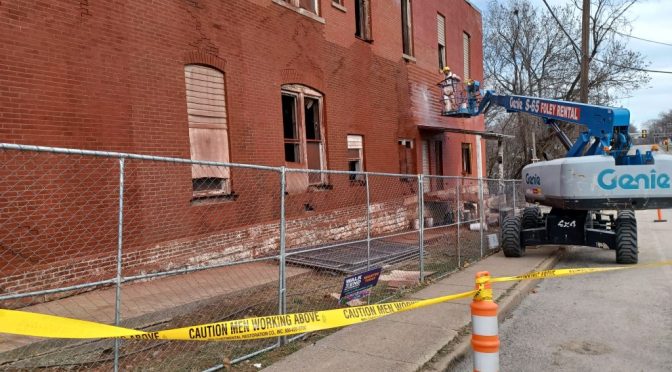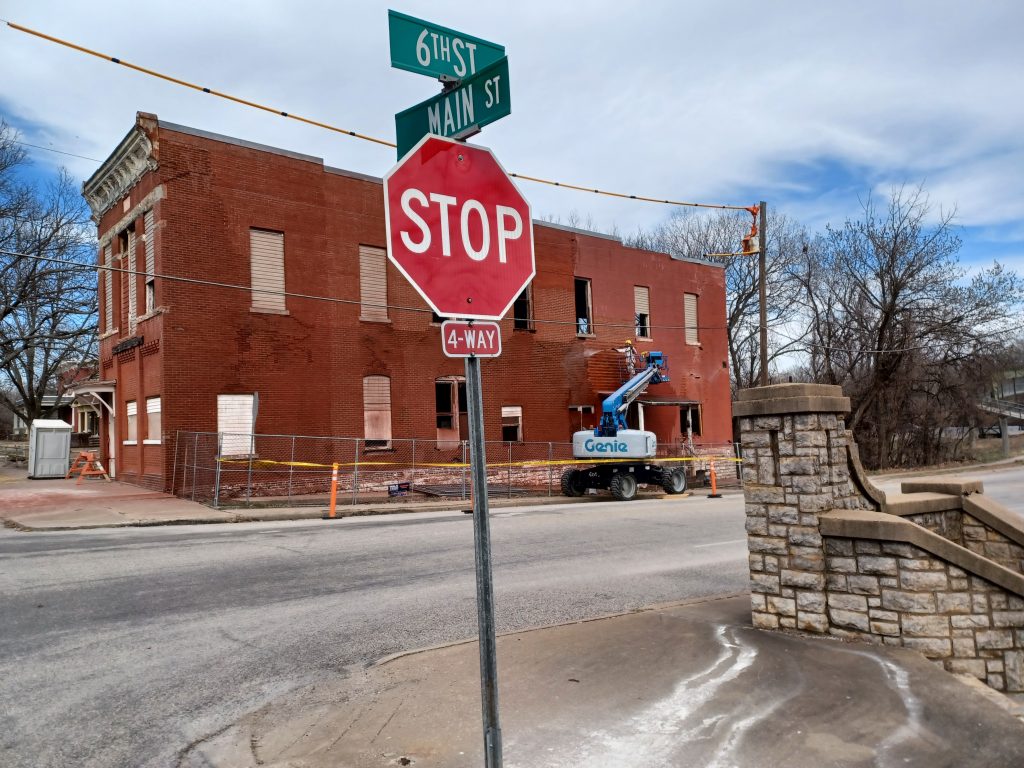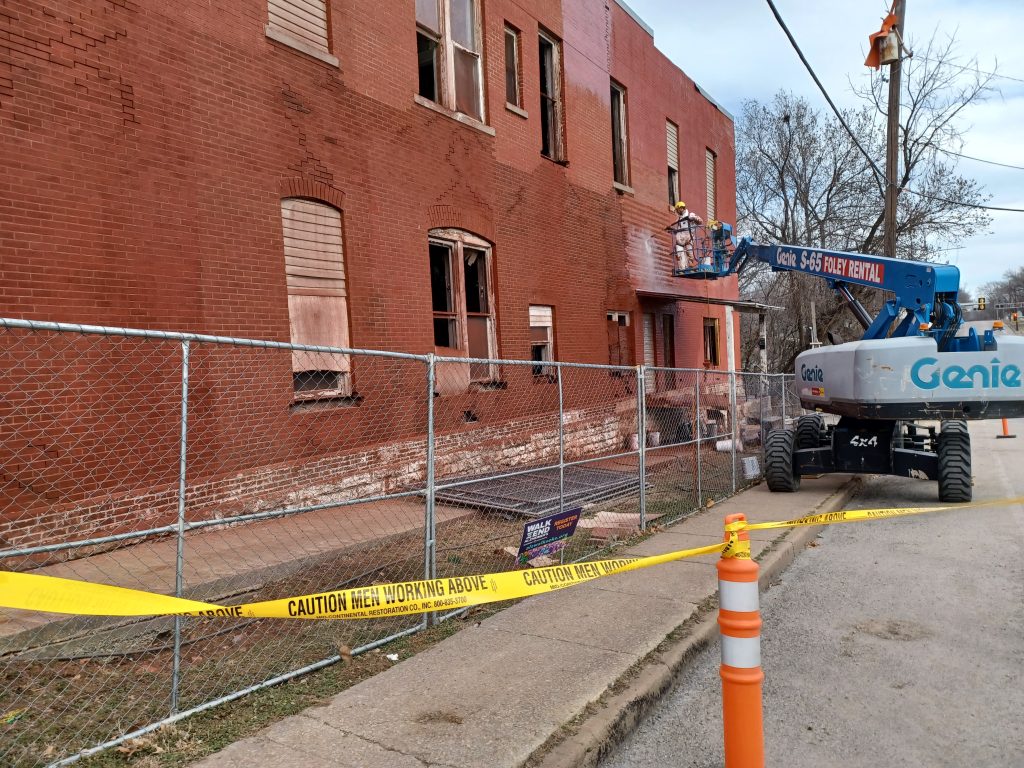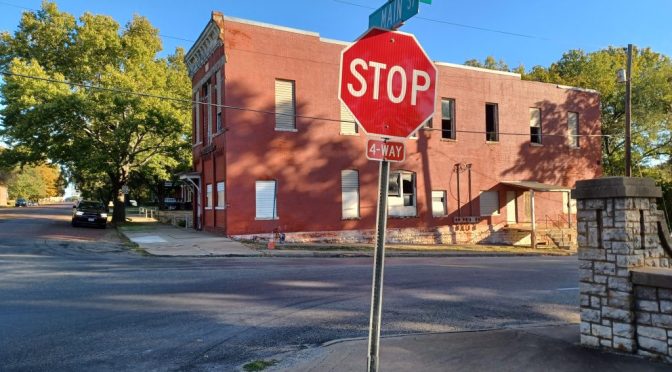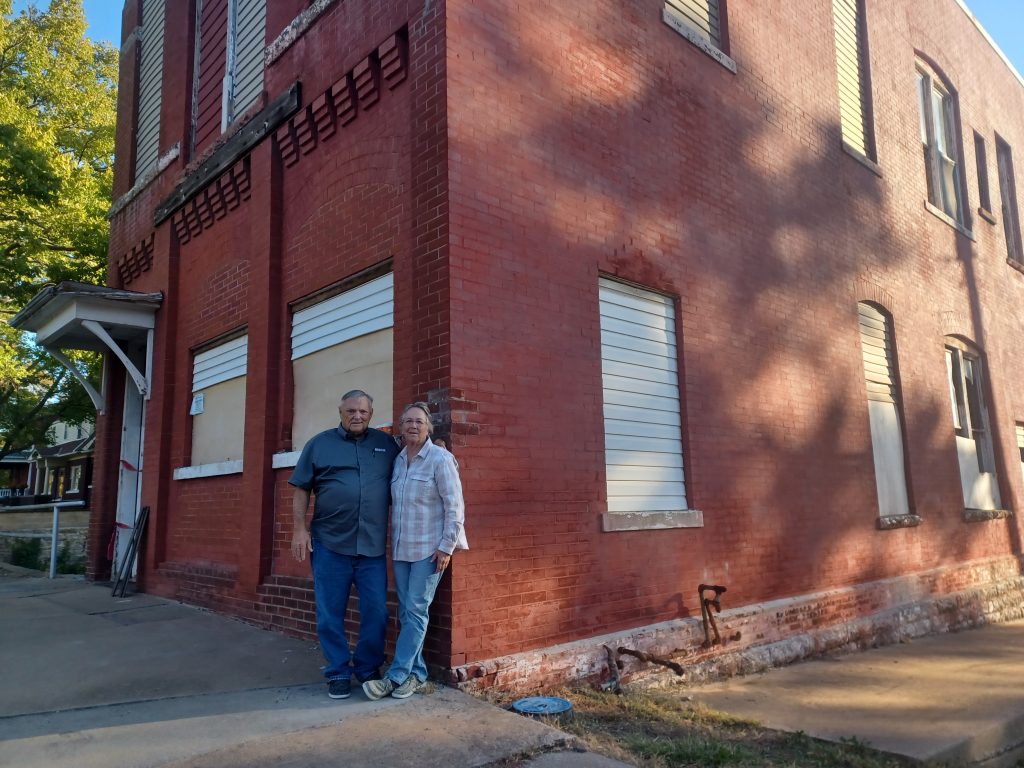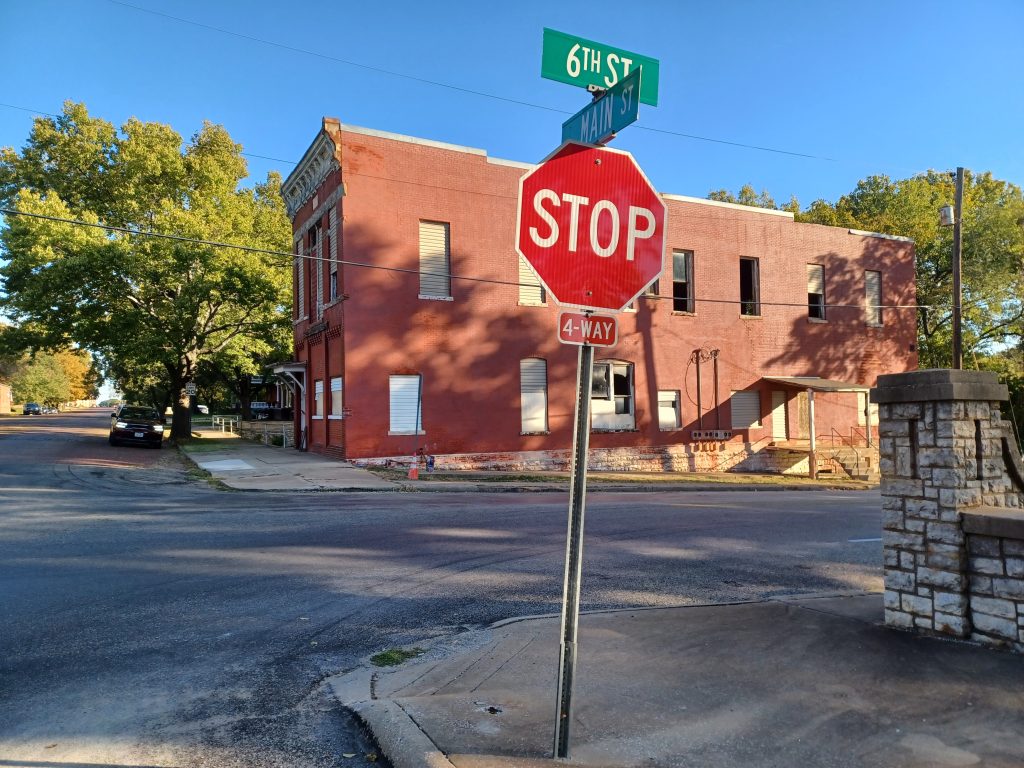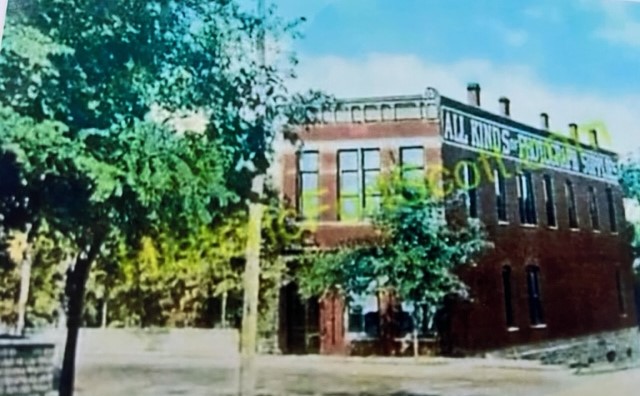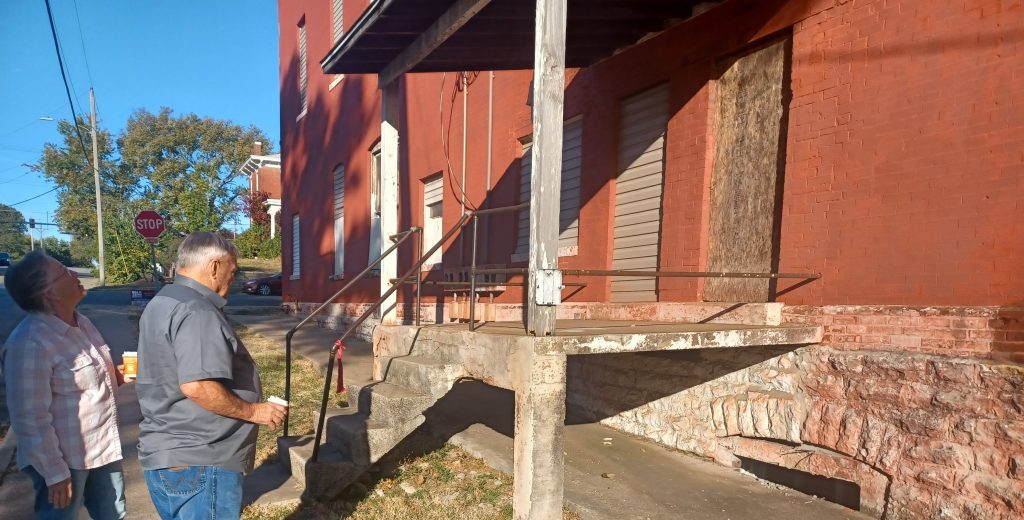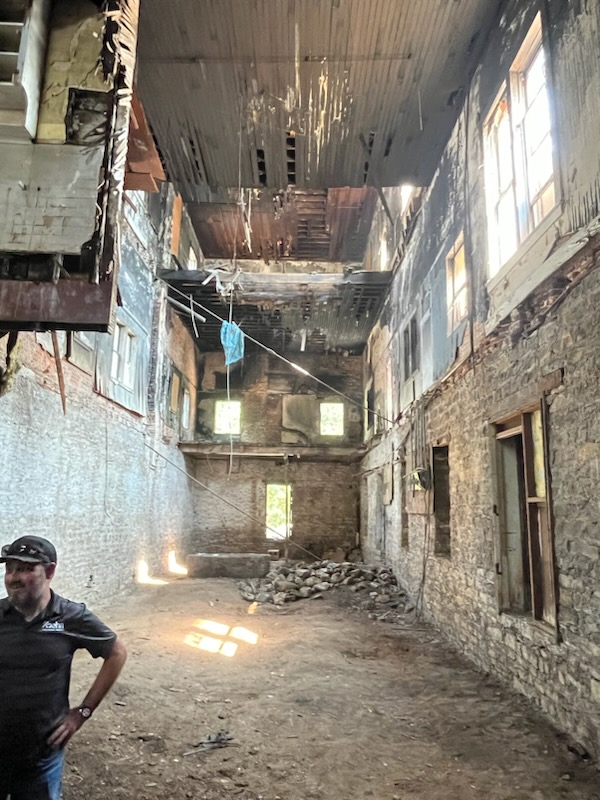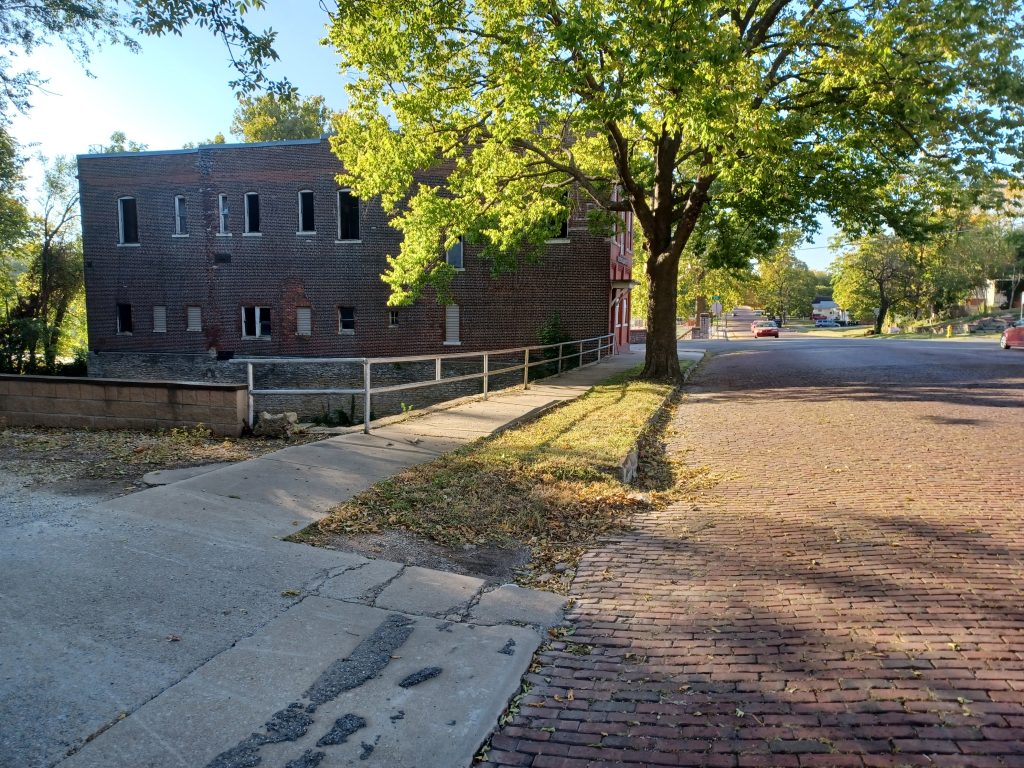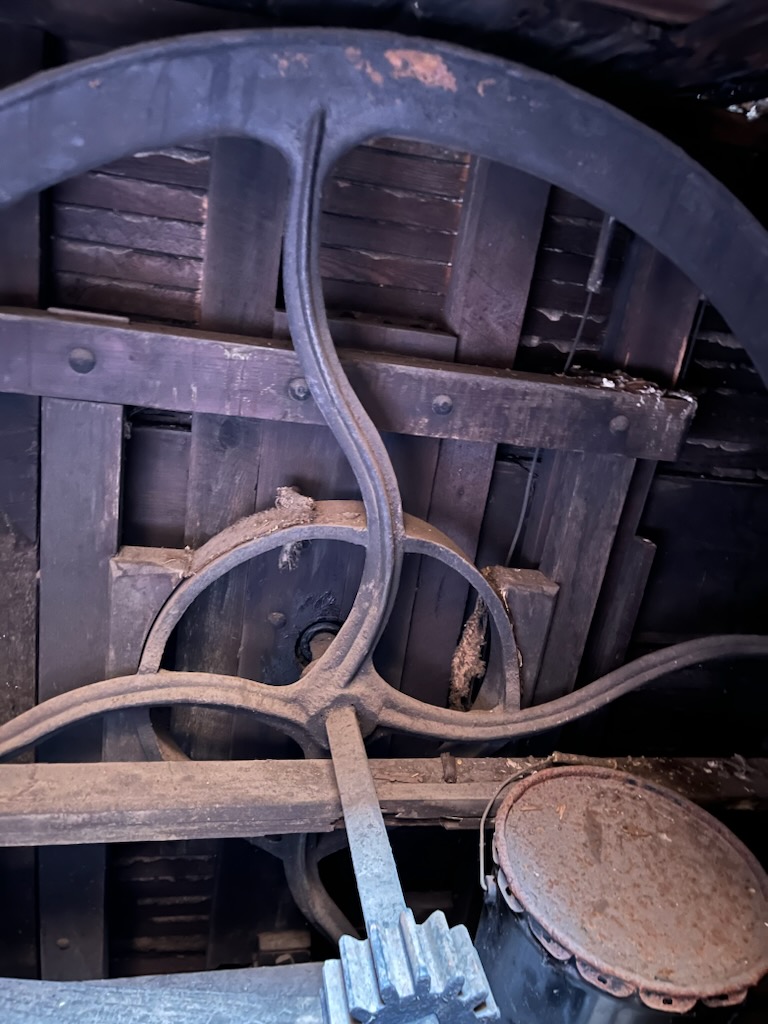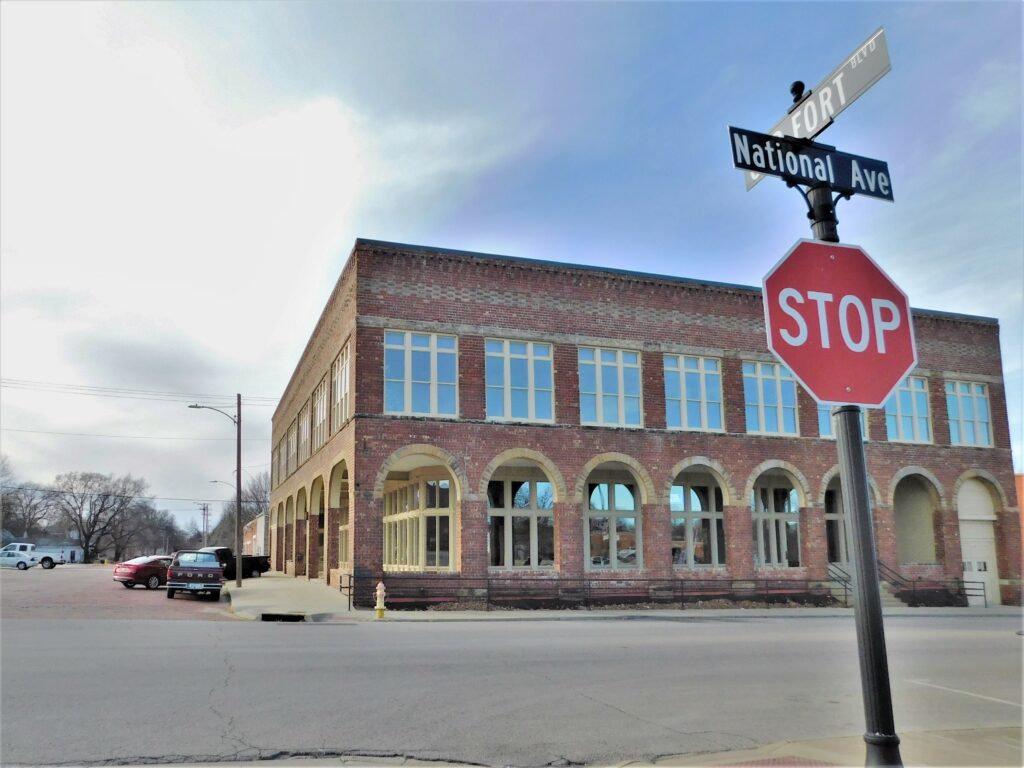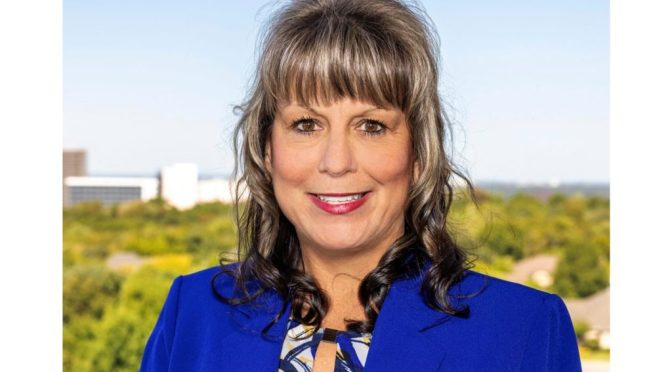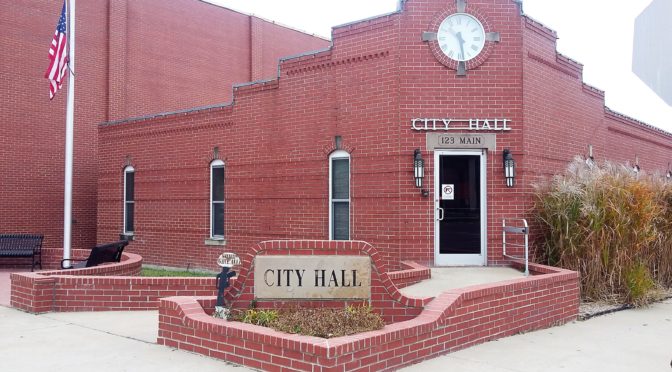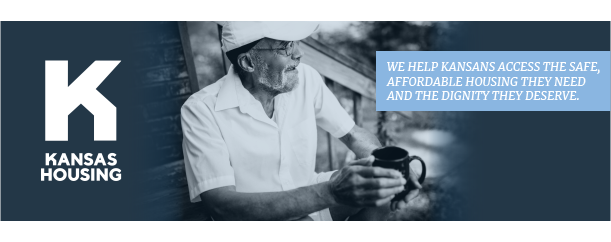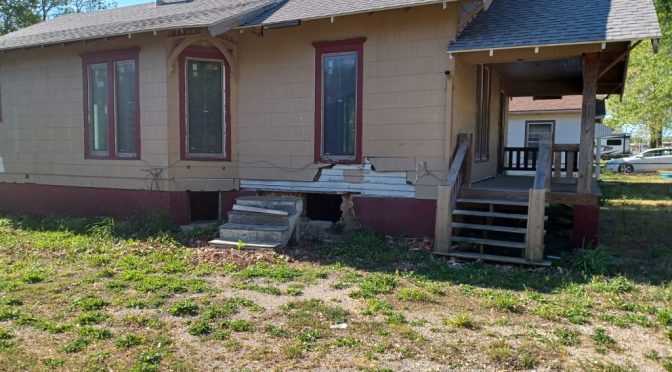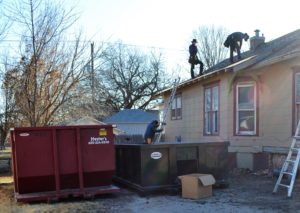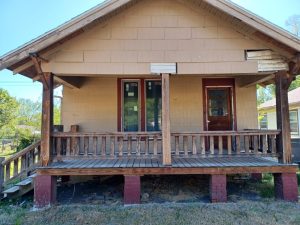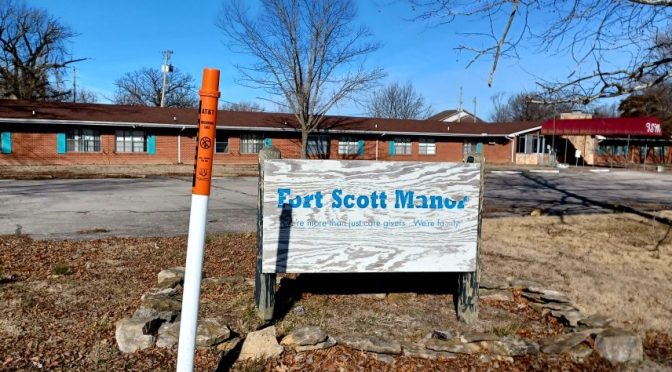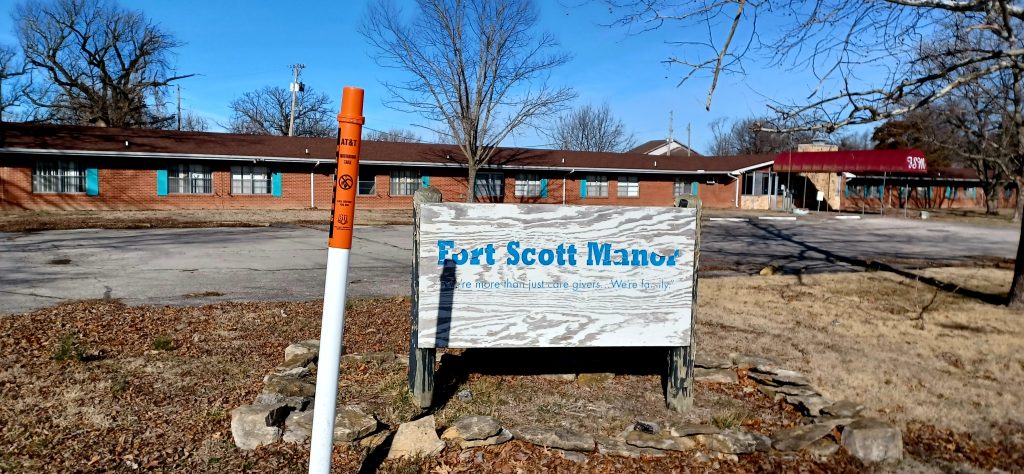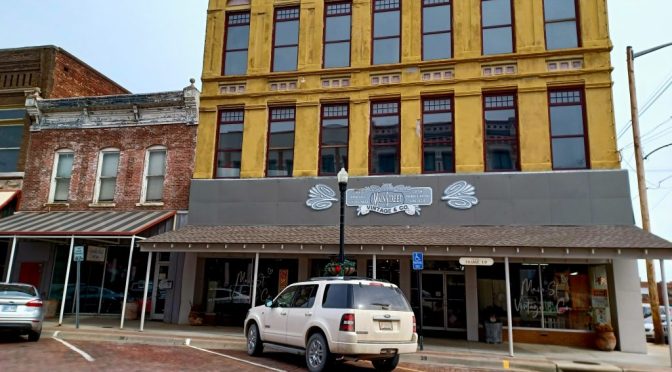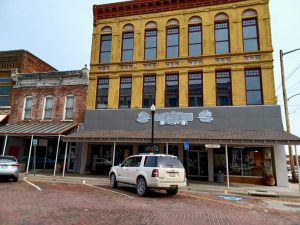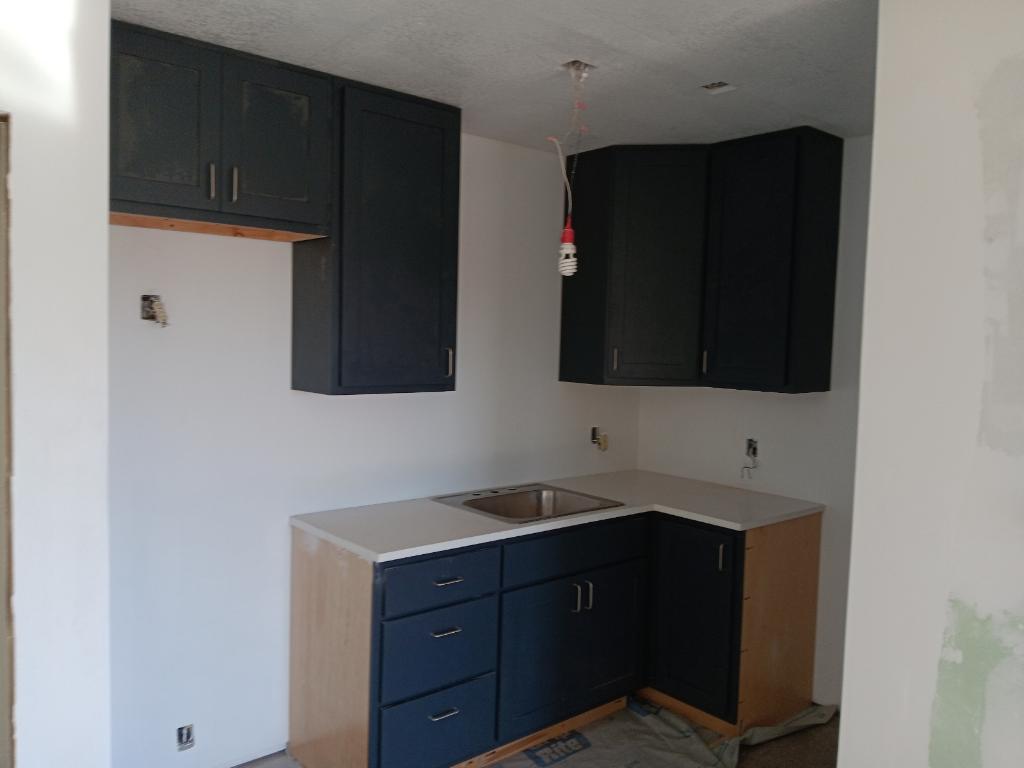
The former Fort Scott Manor Nursing Home, 736 Heylman Street, will soon be 24 standard market apartments.
Shane Lamb, president of Rural Asset Management and Rural Redevelopment Group, De Soto, KS. decided to take on the development project, even after not receiving grants to help.
“We didn’t receive any state or federal grants or funds,” he said. “We did apply for them but did not receive any. I am doing this on our own.”
“The rental complex hasn’t been named yet,” he said. “We will in the coming weeks.”
The building is approximately 20,000 square feet. “It’s been completely gutted and new everything,” Lamb said.
Lamb purchased the Fort Scott Manor property in January of 2022, he said. “It was closed down by the state several years ago, then went through bankruptcy proceedings. I believe it had been closed for three years.”
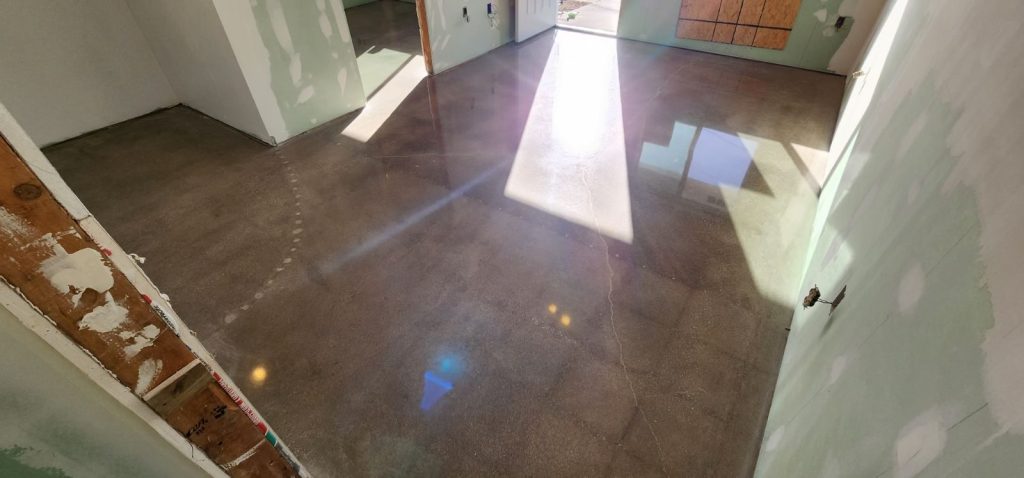
The Fort Scott property will not be low-income apartment rentals but instead will be for the standard market.
“We focus on rural towns and rural housing,” he said. “Typically, we purchase nursing homes, schools, hospitals…single-use vacant properties we convert to housing.”
“We should have the majority of the repairs done in the next six months and plan to have it 100 percent completed and occupied by winter,” Lamb said.
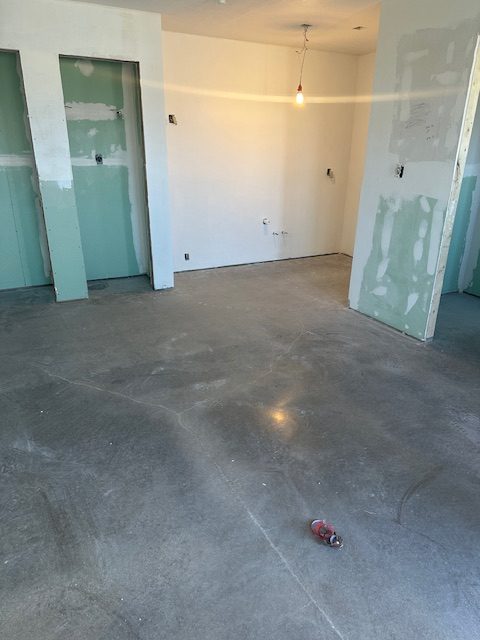
Lamb said he always tries to use qualified local contractors and buy materials locally.
“I always try to keep the money local,” he said. “It doesn’t work 100 percent of the time. Sometimes you can’t find local partners to meet those deadlines…because they are so busy.”

Lamb said there was a glitch in the Iola project that paused it for several years.
“W had a neighbor that was on a city council that blocked rezoning for almost 4 years,” Lamb said in a later interview. “The project has since started and is being remodeled as we speak. The project is slated to be done within a year.”
